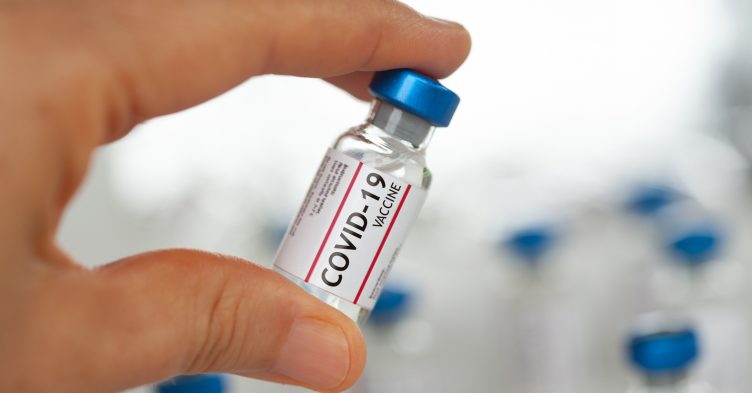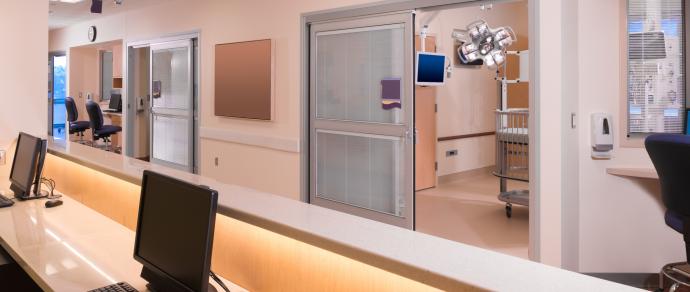In the last six years “very little has changed” in the progress of lung cancer care and treatment, the Royal College of Physicians (RCP) said today, as the 11th annual report of the National Lung Cancer Audit (NLCA) was published.
In light of this, the RCP has founded a team of lung cancer experts to carry out detailed reviews in areas where lung cancer treatments are underused, to improve lung cancer care during the next five years, and take into account new treatments which specifically target lung cancer cells without harming normal cells and tissue.
Lung cancer is the second most common cancer in the UK after breast cancer, according to the RCP, and Cancer Research UK (CRUK) says cigarette smoking is the main cause of lung cancer. Current survival rates for lung cancer are the second lowest out of 20 common cancers in England and Wales (CRUK, 2015).
Surgery offers the best chance of a cure for patients with lung cancer, but the audit shows that the proportion of lung cancer patients treated with surgery has not improved from 15% since 2010. Moreover, the availability of surgery varies from 10 to 24% and this does not appear to be due to the patients’ background, age or stage of lung cancer.
Dr Ian Woolhouse, senior clinical lead for the NLCA, said: “I am encouraged by the continued participation and support of the audit by lung cancer services across the country. However, now is the time to take lung cancer care to the next level by ensuring that all lung cancer patients receive the most up-to-date treatments so that the UK can achieve the outcomes currently reported internationally.”








